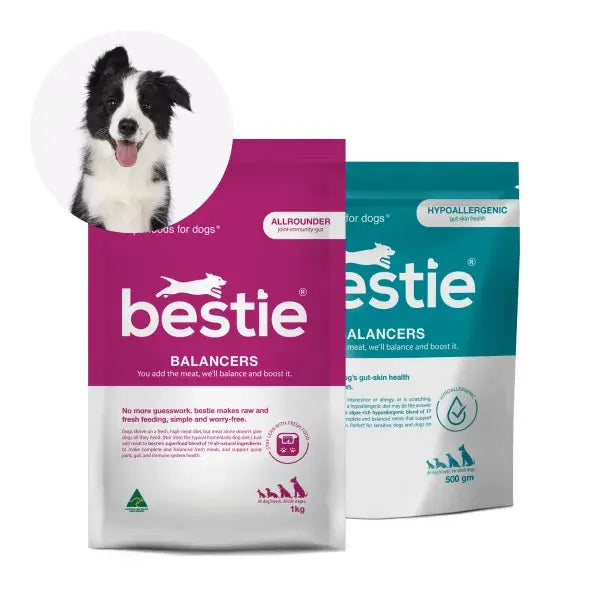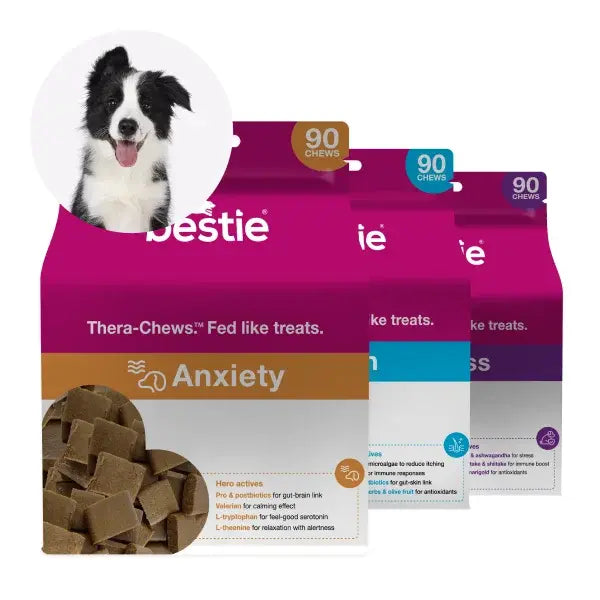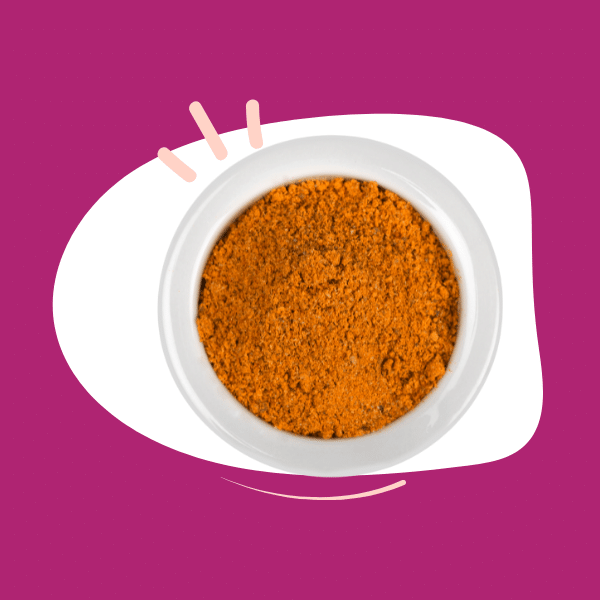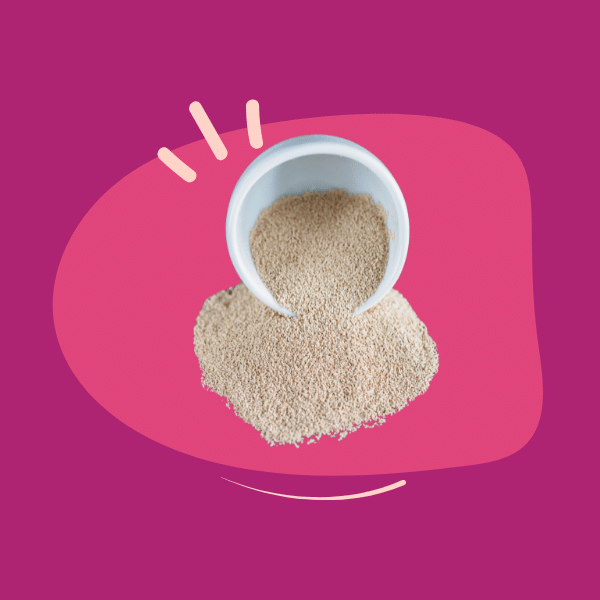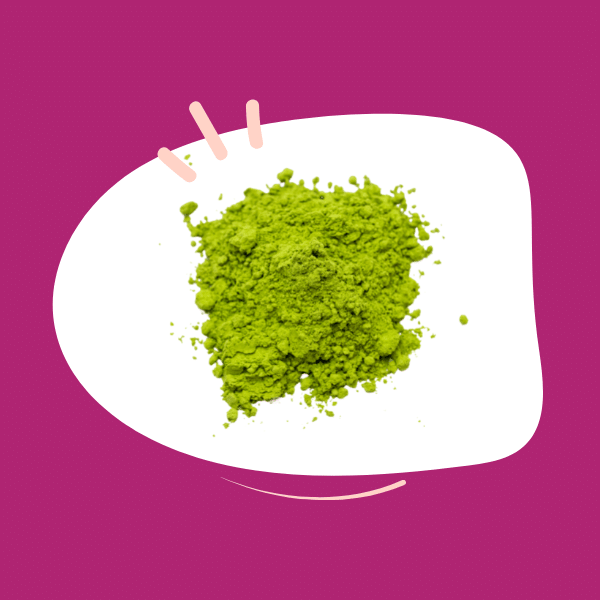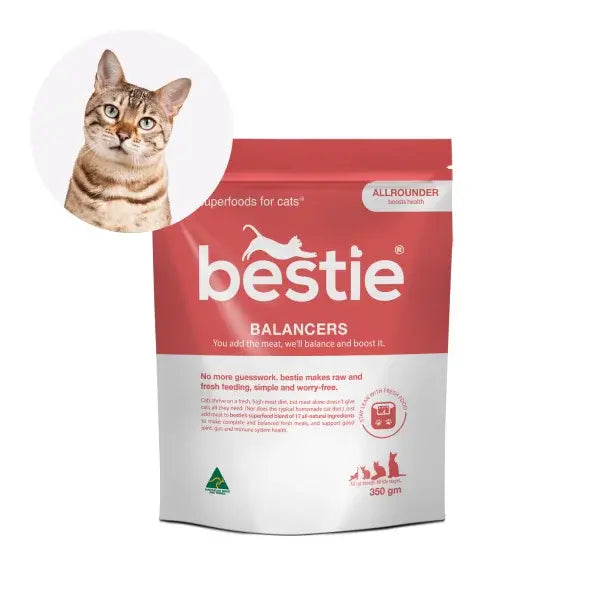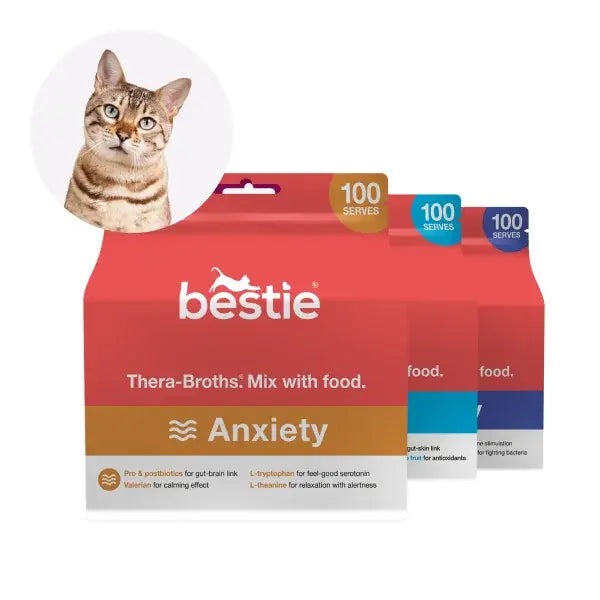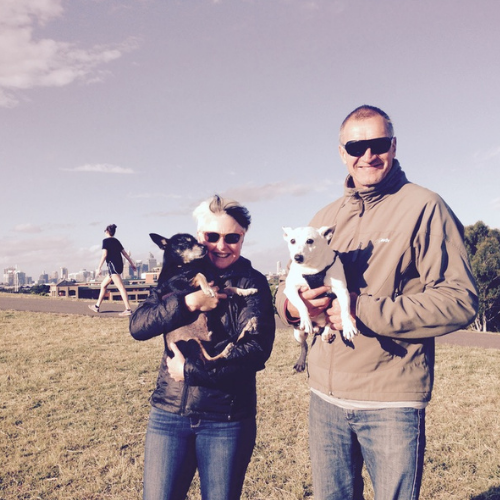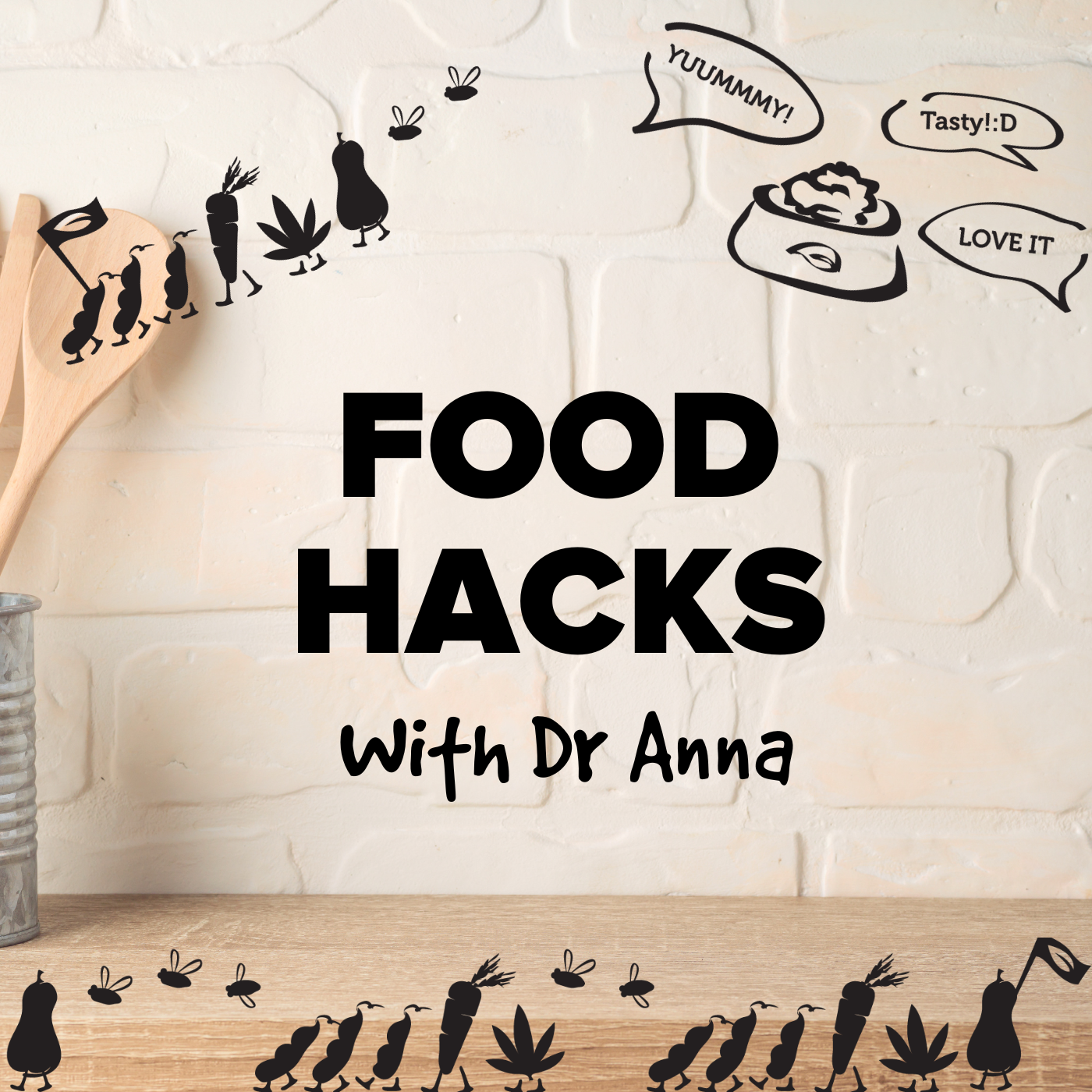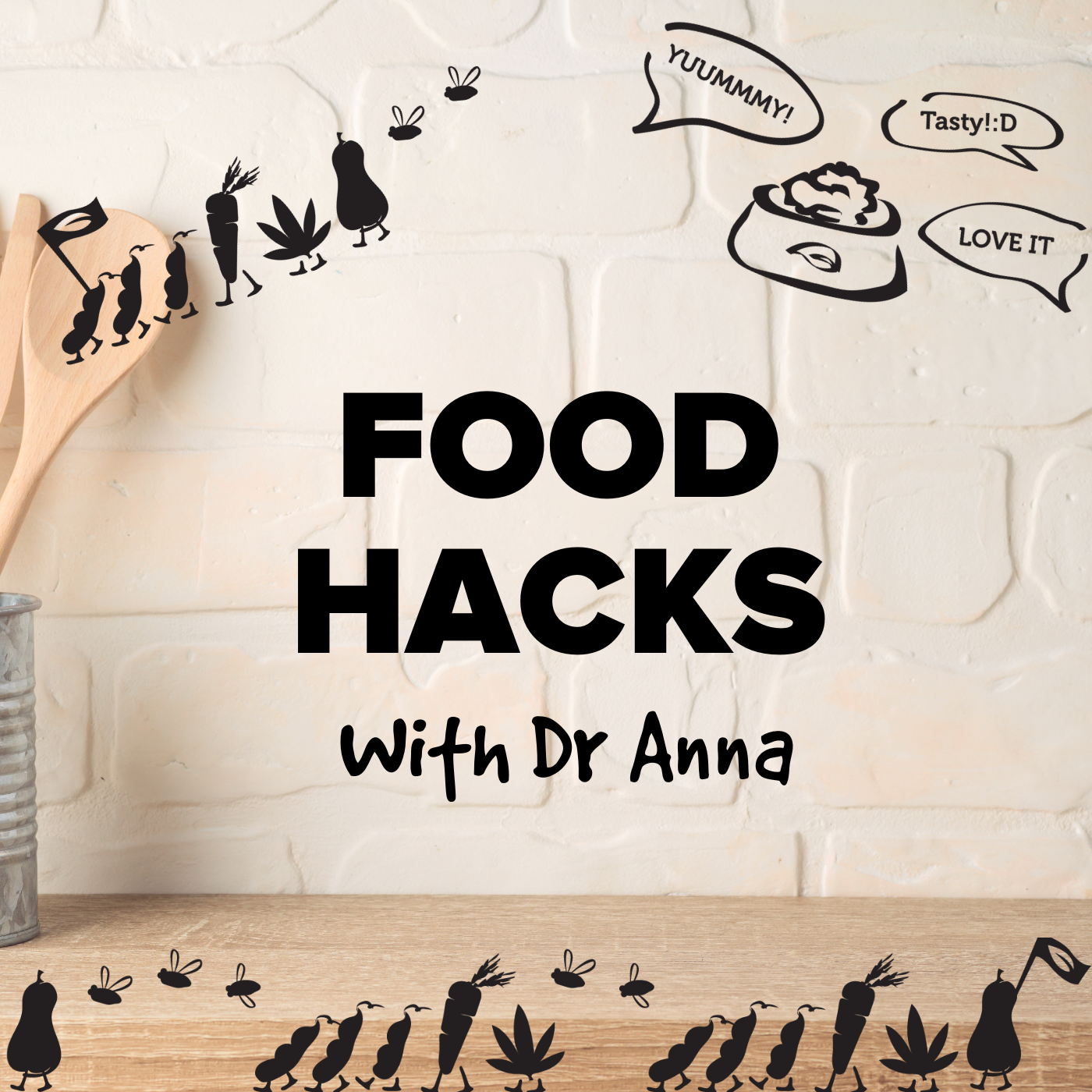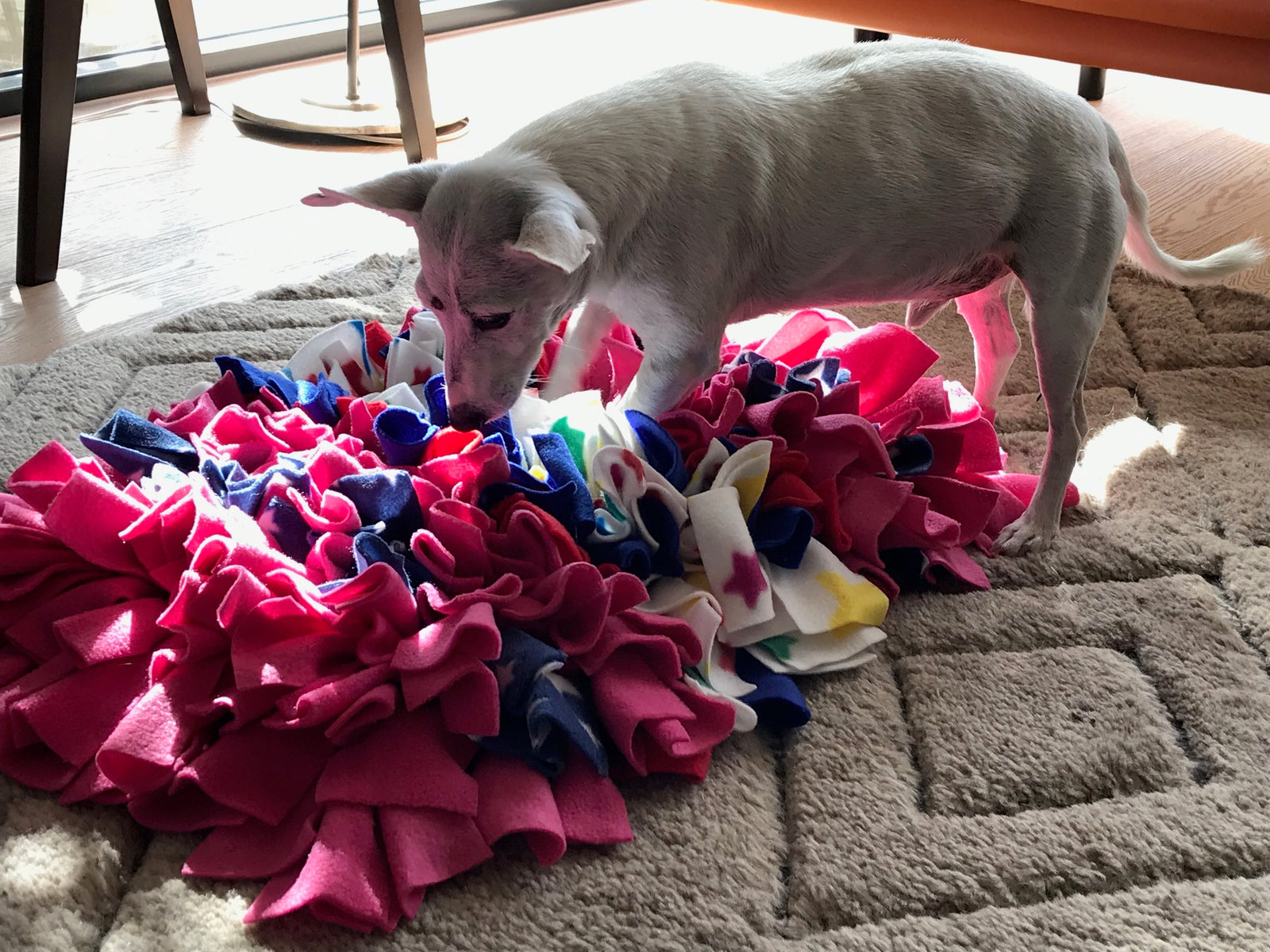It’s so exciting! Your new dog has just come home, and you’re looking forward to starting the life you’ve imagined. But wait. Does your dog want to do what you want to do? And when they ‘act up’ – do you think they’re just naughty?
I recently spoke with Eve McKenzie*, from Dogaholics - Dog Training about anxiety in dogs and cats. She told me she often has owners come to her, with their new puppy or dog, and they're disappointed. Why? Well, the life they imagined with the dog, isn't the reality.
“I think what happens is, when we get a dog we have some images in our head about what we think that dog will be like and what we think that dog will do for us, and what life will be like with the dog."
"I have many owners come and say, look, I got a dog because I want to walk the dog every day and I want to go camping with the dog and I want to go around Australia with the dog and then here's this poor dog who is like hiding behind the chair."
“It takes people out a little while to actually understand that that dog may actually not be able to do what you expect, and that is just the reality of it, and so there's almost like a grieving process that people go through to go. Actually, I'm not going to be able to do that with my dog. There are probably a lot of other things you can do with your dog, but they may not be those particular things."
Eve told me that not only are people sometimes disappointed about the gap between imagined life and reality, but they also have other unrealistic expectations of dogs.
"I want the dog to sit in the backyard from 7:00 o'clock to 6:00 o'clock at night while I go to work, and I don't want the dog to do anything. I tell them, that’s not a dog; that’s a statue."

Add anxious behaviour to that, and you’ve got a recipe for disaster. Eve says people need to understand, is that anxiety isn't something that the dog has control over.
“People think, when I go to work and my dog digs up the plants and my dog eats the deck, it's that the dog has done that on purpose, because I went to work and the dog’s angry…
"What I want people to understand is that anxiety is not a voluntary sort of state or behaviour that a dog puts themselves in. Just like it's not with human; I can't put myself into a state of anxiety, just like that. It's about chemicals in the brain.”
Eve wants people to understand that with this behaviour, your dog is trying to tell you that they need help. People often confuse this with the dog being naughty.
“There are the ‘big behaviours’, that I get calls many calls about,” Eve says. “You know, I went out for an hour and my dog just ate the door frame off; the dog’s really naughty.”
“Well actually the dog’s not really a ‘Naughty Dog’; they just had a panic attack because you left and the dog doesn't actually know how to feel OK being left by himself or herself so well!”
If someone has that sort of scenario, how do you help the dog become more resilient in that kind of ‘left alone’ context?
Eve says she has a few approaches to this. “If the behaviour is really bad, you know, ripping doors off, going through glass, windows, all that sort of stuff, the first thing that I would recommend to someone is to see a behavioural vet because they specialise in behaviour medicine.”
When we’re talking about separation anxiety it's a panic disorder. The dog goes into a panic attack, and so the behavioural vet will assess, diagnose, and then, possibly administer anti-anxiety medication. Then, Eve comes in.
The dog needs to learn how to be OK being left on its own and it's a very gradual process; there's no magic wand. It involves some times and resources and some dedication, on the part of the owner. It's not an overnight fix.
Eve says it depends on what behaviours are and how anxious the dog is getting and how you know how the dog is displaying that. She asks people to actually record the dog.
They go out and leave a camera there, so we're recording the dog and we're looking at what behaviours that dog is doing. If the dog for the first couple of minutes is just, you know, pacing around, looking at the window, then goes and settles down for the next two hours while the owner’s away, then then something that can be addressed fairly quickly.
“We can change the association,” she says. “We can change how the dog feels about being left alone, and we can probably do that fairly quickly, but if it's a dog that's going through glass windows when left alone, then that's not a quick fix at all.”
* Eve is a dog trainer with a list of accreditations as long as your arm. I spoke with her recently about anxiety, for our interview series Pet Parent with a Brain. (This is an edited excerpt from the transcript of that interview; you can watch the whole thing over on Pet Parent with a Brain.



